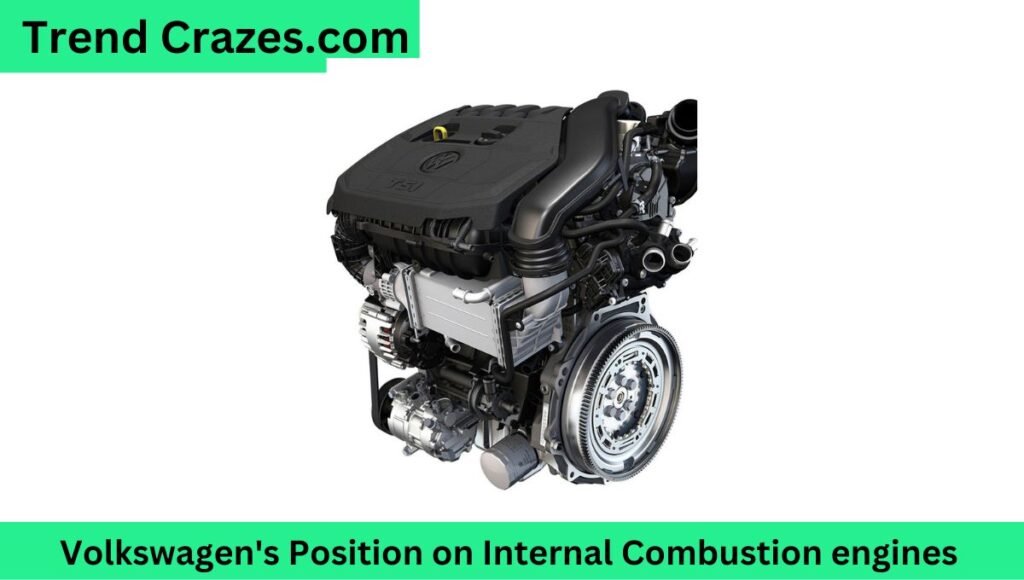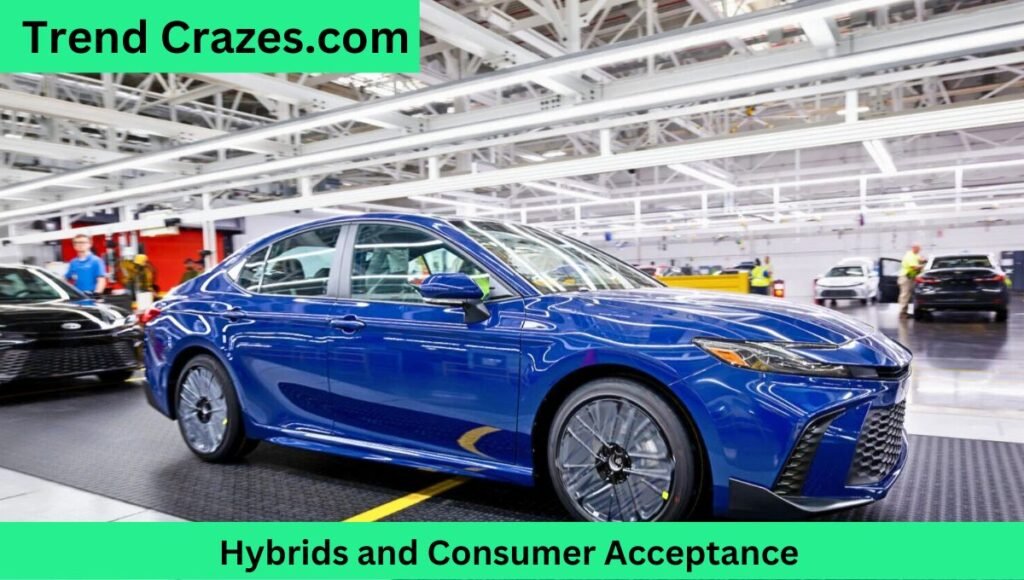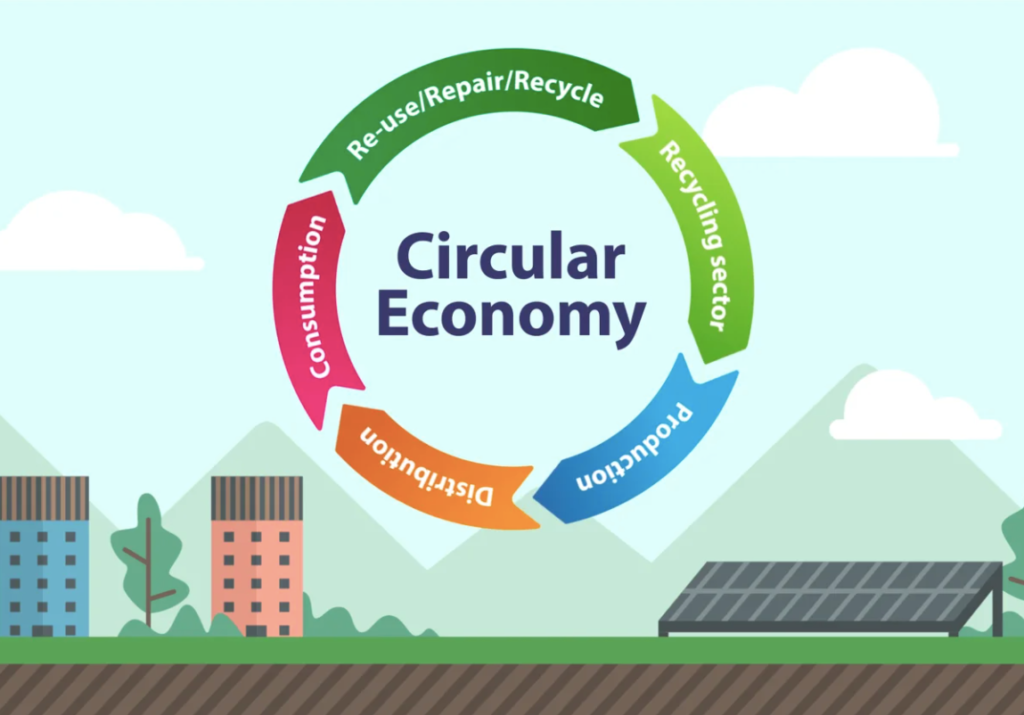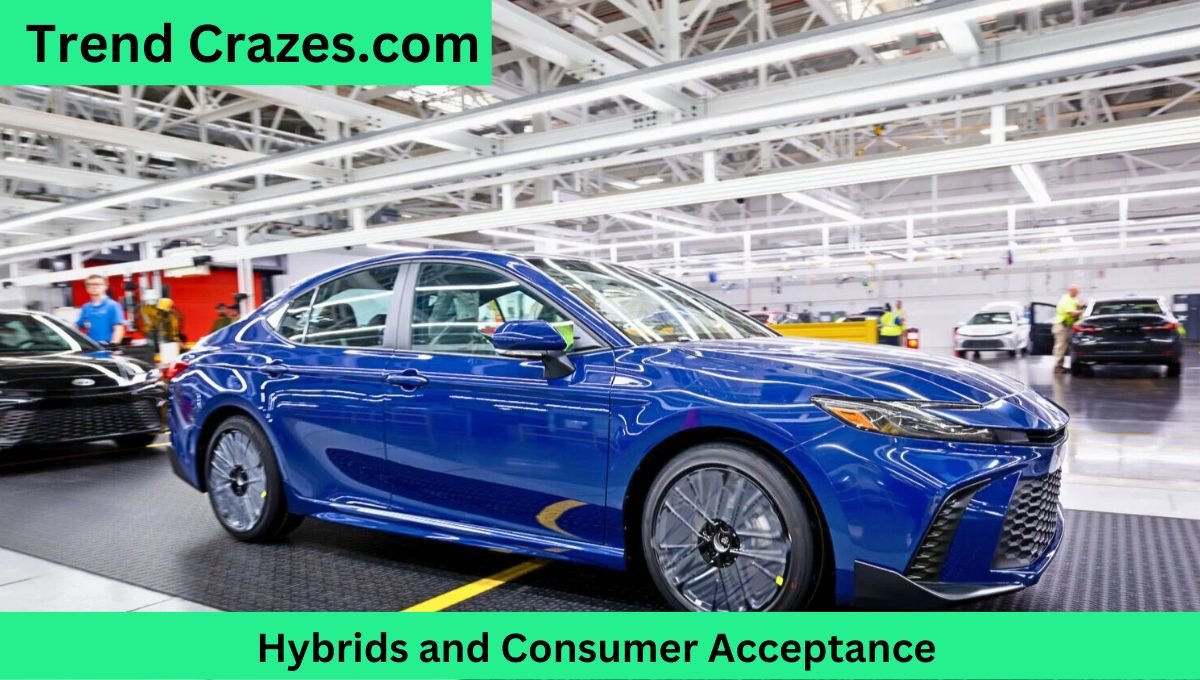Many automakers have found that the transition to electric vehicles is neither quick nor smooth They are at a crossroads and must decide whether to invest in electric vehicles that are less mainstream for environmental sustainability or continue to develop combustion engines to protect their profitability Arno Antlitz is the Chief Financial Officer and the Chief Operating Officer at the Volkswagen Group He says it well The future will be electric but the history is not over The electric vehicle is a third of the present and will remain so
In an ever changing landscape manufacturers are challenged to find the right balance between innovation tradition and the green revolution while still relying upon the technologies that have driven their success over the years Although the future may be filled with electric ambitions and technologies the foundation of the industry is still firmly rooted in combustion engines
Volkswagen’s Position on Internal Combustion engines

Volkswagen has been vocal about its criticism of internal combustion engines for many years positioning itself to be a champion of electric technology Thomas Schafer declared internal combustion engines to be old technology last year He said that electric vehicles e fuels and hybrids were the future in automotive innovation
The recent decision by Volkswagen to devote a portion to the internal combustion engine technology of their electric vehicles suggests a pivot in strategy driven by the uncertainty of the regulatory environment Volkswagen is hedging their bets as the EU ban on fossil fuels in 2035 hangs in the air They recognize the need for a dual strategy This bold move highlights the interplay of ambition and uncertainty as the automaker tries to navigate a rapidly-changing environment while remaining committed towards a sustainable future
Hybrids and Consumer Acceptance

Volkswagen plug in hybrid models continue capturing consumer interest despite a noticeable drop in electric vehicle sales throughout the United States and Europe Automakers have ambitious plans to achieve full electrification within the next decade However they face a major challenge in convincing consumers to switch from combustion engines
Hybrid vehicles are a compromise for many drivers They bridge the gap between their love of gasoline powered engines and the allure that comes with electrification This unwillingness to embrace fully electric alternatives highlights the deep rooted attachment of a large portion of the market to combustion engines Hybrids could be the vehicles of the future that will redefine mobility as manufacturers try to guide consumers towards a greener world
Brands exploring E-Fuels Alternative Strategies
With this knowledge brands such as Lamborghini Bentley and the Volkswagen Group are looking for innovative ways to preserve the legacy of the internal combustion engine while avoiding fossil fuels Other manufacturers are also reassessing strategies in a world where electrification has become a constant
Bentley for example has changed its timeline and pushed back its goal to become fully electric to 2033 from 2030 Ford and Aston Martin two automotive giants are also re evaluating the commitments they made to an all electric lineup This trend reflects a growing awareness that a nuanced approach to sustainability is needed, one that respects the rich history of combustion technology while also paving the path for a cleaner and more innovative future It may be an electric road but there still appear to be twists and turn along the way
The Need for Electric Vehicles and E-Fuels

Automakers are rethinking their approach to e fuels as they try to find a solution that will satisfy drivers while also addressing the consumers attachment to internal combustion engines This shift is a recognition of the emotional attachment many people have to traditional engines while also exploring innovative paths towards sustainability
A second viable strategy is to create an electric vehicle line that can compete in price with existing internal combustion commercial cars Electric vehicles are currently seen as luxury goods making them out of reach to the average consumer Electric vehicles that are more affordable could appeal to a wider audience and change perceptions about electric mobility In an ever changing landscape it is important to make electrification affordable while still honoring the legacy that combustion technology has left behind
Global Infrastructure Challenges and Financial Accessibility

Consumer acceptance of electric vehicles is largely dependent on one factor affordability Many drivers are hesitant to switch to electric vehicles without a significant cost reduction The expansion of charging network is also essential to encourage widespread adoption To support the increasing number of electric cars on the roads a robust infrastructure is needed
Currently the majority of electric vehicle sales are concentrated in Europe Asia and North America leaving vast regions particularly in the global South at a disadvantage The infrastructure in these areas is often inadequate to support electric vehicles This creates a sharp divide in the global auto industry It is important that manufacturers as they push ahead with ambitious electrification projects consider these disparities and work towards solutions that promote inclusivity This will ensure that the future mobility is accessible for all regardless geography
Rethinking strategies for a sustainable future

Volkswagen controversial decision to divert some of its budget for electric vehicles into internal combustion engines reflects an important truth the adoption of electric cars by consumers is not as rapid as anticipated This reality requires a reevaluation as manufacturers struggle to convince drivers to embrace a more green future
In order to truly shift the paradigm towards sustainability businesses must explore innovative solutions that go beyond the electric paradigm It is important to develop large scale comprehensive operations that will not only showcase the benefits of electric mobility but also give consumers confidence about their transition Automakers can create an engaging narrative by diversifying their sustainability approach This will reassure consumers and encourage them to make the leap into a cleaner more sustainable automotive landscape It is a long road but the auto industry can make it easier with creativity and determination
Frequently Ask Question
Does Volkswagen make gas cars?
Volkswagen has a range of models that are powered by natural gas
What was the last combustion engine VW?
Volkswagen announces the end of combustion engines development The new Golf is the last Golf to be powered by a combustion engine VW Brand Head Thomas Schafer said the current model will be available until end of decade 4 April 2023
Does Volkswagen sell engines?
These articles provide a list of Volkswagen Group engine models that are available in the world This includes motor vehicle engines as well as marine engines sold through Volkswagen Marine and industrial engines sold through Volkswagen Industrial Motor
Volkswagen (VW German pronunciation folksvagn ) is a German auto manufacturer based in Wolfsburg Lower Saxony
Is VW a luxury brand?
Luxury cars are typically designed as standalone models which don’t share major hardware with less expensive cars from mainstream brands There are some exceptions Ford Toyota and Volkswagen all have high end luxury brands that are based on the same platforms

